At its core, LBP is a simple platformer with a fairly straightforward objective in mind: get to the finish line. However, MediaMolecule takes their own approach to the genre by placing the creative powers of game production right into the hands of the players themselves. But is such a move just a sign of laziness disguised as innovation? Or has this small-time developer studio successfully redefined the meaning of interactive media?

 October 27, 2008
October 27, 2008  November 3, 2008
November 3, 2008 LittleBigPlanet
Developer: Media Molecule
Platform: PlayStation 3 (reviewed)
In the world of LittleBigPlanet, you take control of special pint-size avatars called sackboys, but worry not! These creatures can change sexes at will and become the perfect female companion if you may so desire. There isn’t much to say regarding the story mode of LBP because any sign of such a thing is remarkably absent. Each world has their own unique cast of quizzical character NPCs that provide simple narratives throughout the stages, dictating the whys and hows of what it is you’re required to do in order to complete the level. Beyond these simple instructions, there isn’t a whole lot of rhyme or reason that justifies your purpose for traversing the story’s arsenal of treacherous terrains, but that hardly stopped you from grinding hours into all your Mario games now did it? The same could be argued here. Like Mario, the appeal and motivation to continue playing is heavily dependent on the game design and how well the gameplay mechanics work with it. So let us first venture into Media Molecule’s first principle facet of LittleBigPlanet’s game design: Play.
 LittleBigPlanet can be played with up to three other friends, who can drop in or out at any given moment. While the necessary mechanics of the game are in place–that is, the game is efficiently designed to lead you from the starting point to the finish–a large amount of the core gameplay highly influences the player to simply have fun and toy around with his/her friends throughout the journey. Being able to change costumes on the fly, use multi-leveled emote expressions, and the ability to slap your fellow sackmates to the floor with a quick backhand are all examples of the quirkiness behind the tone of LittleBigPlanet’s gameplay. Additionally, the ability to pick fights with your supposed ‘team members’ adds a dimension of competition as the game also chooses a winner at the end of each level, judged by the person with the highest number of points. These points are awarded through orbs scattered across the stage, so collecting the most orbs is a primary factor in determining the winner.
LittleBigPlanet can be played with up to three other friends, who can drop in or out at any given moment. While the necessary mechanics of the game are in place–that is, the game is efficiently designed to lead you from the starting point to the finish–a large amount of the core gameplay highly influences the player to simply have fun and toy around with his/her friends throughout the journey. Being able to change costumes on the fly, use multi-leveled emote expressions, and the ability to slap your fellow sackmates to the floor with a quick backhand are all examples of the quirkiness behind the tone of LittleBigPlanet’s gameplay. Additionally, the ability to pick fights with your supposed ‘team members’ adds a dimension of competition as the game also chooses a winner at the end of each level, judged by the person with the highest number of points. These points are awarded through orbs scattered across the stage, so collecting the most orbs is a primary factor in determining the winner.
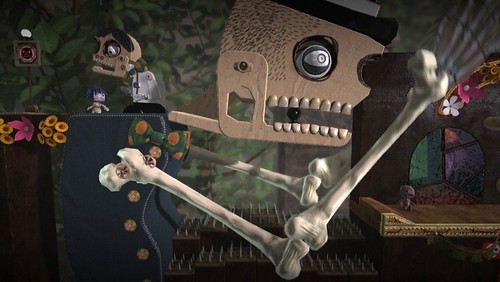 How to travel across the stages of LittleBigPlanet depends solely on the level design, but there are many platforming elements at the creator’s disposal. From traversing mountainous hills to swinging from pendulums to pulling levers to tipping see-saws, utilizing real-world physics to conquer obstacles is a relentless endeavor given to each player. As a result, LittleBigPlanet is a slower paced game with a bigger emphasis on precision rather than speed. But when you finally solve a puzzle, and have bountiful piles of coloured orbs drown you in points (and point multipliers) at the end, the effort that went into figuring it all out shows its worth. Your Sackperson is also not the quickest of creatures on the block with flimsy appendages and floaty jump physics. These characteristics, coupled with the extravagant map designs that levels can sometimes adopt, can make for a frustrating experience when you’re not used to navigating terrains with your Burlap buddy. Missing platforms and accidentally running into dangerous objects (ex. enemies or fire) is a common mishap, and while humourous in its own right to watch your Sackperson get incinerated by smoldering flames, your limited number of lives per checkpoint certainly encourage you to stay alive. But overall, getting ‘good’ at LittleBigPlanet is hardly a must as most of the maps you will play after the single player story are user-created ones. You’ll virtually always have a new stage/level to play, and hardly feel attached to a single level long enough to consider doing a speed-run (as if speed-running a LittleBigPlanet level is a feasible idea). Playing LittleBigPlanet is all about playing with friends, experiencing things as they come and most importantly, having fun while doing it.
How to travel across the stages of LittleBigPlanet depends solely on the level design, but there are many platforming elements at the creator’s disposal. From traversing mountainous hills to swinging from pendulums to pulling levers to tipping see-saws, utilizing real-world physics to conquer obstacles is a relentless endeavor given to each player. As a result, LittleBigPlanet is a slower paced game with a bigger emphasis on precision rather than speed. But when you finally solve a puzzle, and have bountiful piles of coloured orbs drown you in points (and point multipliers) at the end, the effort that went into figuring it all out shows its worth. Your Sackperson is also not the quickest of creatures on the block with flimsy appendages and floaty jump physics. These characteristics, coupled with the extravagant map designs that levels can sometimes adopt, can make for a frustrating experience when you’re not used to navigating terrains with your Burlap buddy. Missing platforms and accidentally running into dangerous objects (ex. enemies or fire) is a common mishap, and while humourous in its own right to watch your Sackperson get incinerated by smoldering flames, your limited number of lives per checkpoint certainly encourage you to stay alive. But overall, getting ‘good’ at LittleBigPlanet is hardly a must as most of the maps you will play after the single player story are user-created ones. You’ll virtually always have a new stage/level to play, and hardly feel attached to a single level long enough to consider doing a speed-run (as if speed-running a LittleBigPlanet level is a feasible idea). Playing LittleBigPlanet is all about playing with friends, experiencing things as they come and most importantly, having fun while doing it.
The second principle facet of MediaMolecule’s contemporary platformer is Create, and goodness do they ever give you the ability to do so. Probably the most noteworthy aspect of LittleBigPlanet is that the game thrives off the users themselves. They are the ones who play the game for entertainment, but are also the ones who provide that entertainment. In LittleBigPlanet, you are given the ability to create your own stages in the likeness that you want, and MediaMolecule’s creation interface makes this process quick and painless. Simple, yet intuitive, finding success with the stage creation depends solely on the player’s patience and perseverance to build a truly fascinating level. The countless replicas (many of which are extremely good) of the most well-known franchises today have surfaced endlessly on the servers, and they are proof enough of the capabilities that can come from LittleBigPlanet’s stage creation. While producing a stage requires little effort, to create detailed levels of astonishing caliber is a feat that takes time and dedication. This isn’t a flaw by any means as creating anything great is a long process, but what this also means is that top-quality stages are things that don’t happen overnight. Of course, there are an exhausting number of tutorials that can assist players in learning how to use all the awesome features which in turn can create something spectacular, but for the casual gamer (or simply individuals with short attention spans), sitting through hours of Stephen Fry’s How-To classes is not exactly the best use of their time. There are some ways in which the creation process can be eased, and this is in the way creation material is handled among the community. At a creator’s discretion, they can provide players who play their levels to obtain objects they’ve created (ex. contraptions, items, etc) by placing orbs containing their material within the stage itself, which players will then pick up as they explore. This ability to spread one’s creative genius among the community of LittleBigPlanet is but an example of the game’s third and final principle facet: Share.
After spending hours creating the perfect stage using the game’s editor, users can publish their works onto LittleBigPlanet’s servers and can have them played by anyone around the world. The Share system is very easy to get accustomed to, and has several levels of complexity to it, thus allowing people to effectively utilize it regardless if they logged onto the servers in search of quick fun, or to find something especially specific. When you first browse through the user-created levels via Community, it will be under the heading “Cool”. This heading will contain levels that have been generally well received according to the game’s rating system. You can grade levels in three ways. First, you award the stage a star rating by selecting one of five stars, the first one meaning you do not recommend it and the last one meaning it’s a ‘must-play’ level. You can then proceed and select a single descriptive word to express the level. These words are preset and must be selected from a list (i.e. you cannot make up your own). You have the option to skip it, but there’s usually at least one word that can describe the experience well enough. The last form of rating is the Comment option. While comments don’t affect how the level is handled in the search options, it does allow users to give detailed explanations of their opinions about the level (and also give interested players a deeper look at what it is they’re about to play) and more importantly, it’s a fairly effective method to provide constructive criticism to help assist authors in creating better levels. It is this style of community interaction that makes LittleBigPlanet not only a unique video game, but also a social network where like-minded individuals can share their thoughts and exchange helpful tips.
 The Search function in LittleBigPlanet allows user to locate and organize levels that are more suited toward their preferences, or something specific. The methods vary from searching by raw text, busiest (which stages are being played by the most people at the current time), most hearted (hearted stages are ‘favourited’ stages by fellow users), etc. Text has been the most useful to me, as it helps greatly if you’re an individual who’s interested in finding replica levels of gaming’s most popular franchises.
The Search function in LittleBigPlanet allows user to locate and organize levels that are more suited toward their preferences, or something specific. The methods vary from searching by raw text, busiest (which stages are being played by the most people at the current time), most hearted (hearted stages are ‘favourited’ stages by fellow users), etc. Text has been the most useful to me, as it helps greatly if you’re an individual who’s interested in finding replica levels of gaming’s most popular franchises.
 The Final Word
The Final Word
LittleBigPlanet may not be the most complicated game you’ll ever play, but in a time where FPS formulas roll out of developer studios like surplus produce and ‘what makes money’ takes priority over genuine innovation, LittleBigPlanet certainly takes a valiant step forward to furthering the industry by introducing new and inventive ways for gamers to have fun and understand video games.
– MonsterVine Rating: 5 out of 5 – Excellent

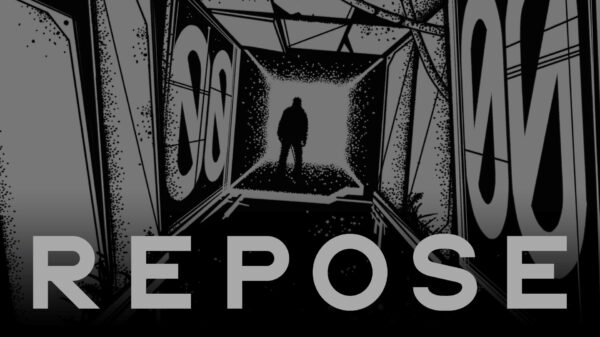



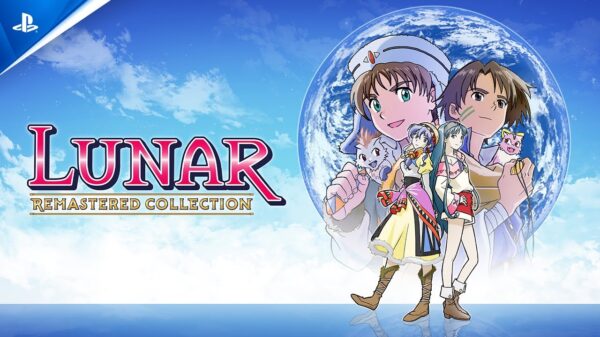


























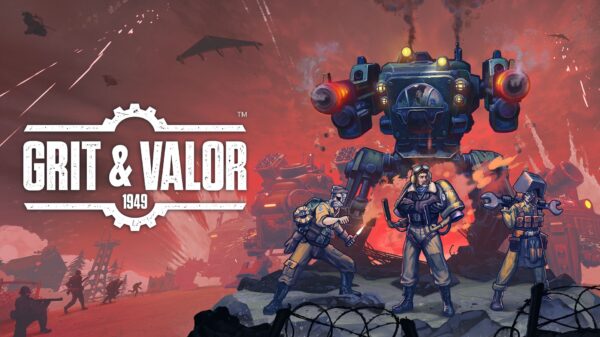
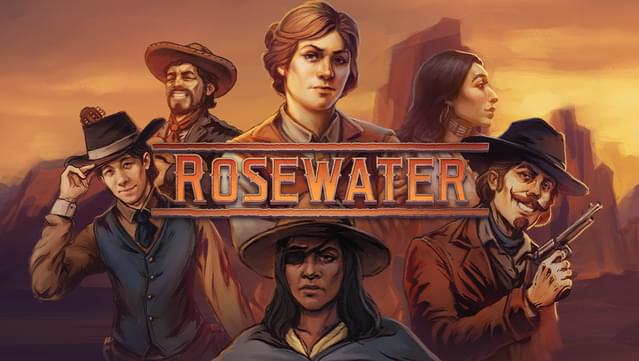





















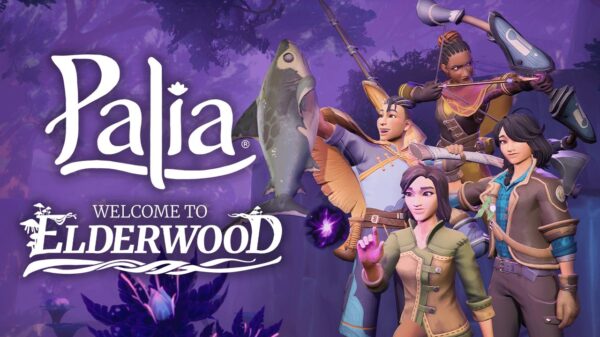
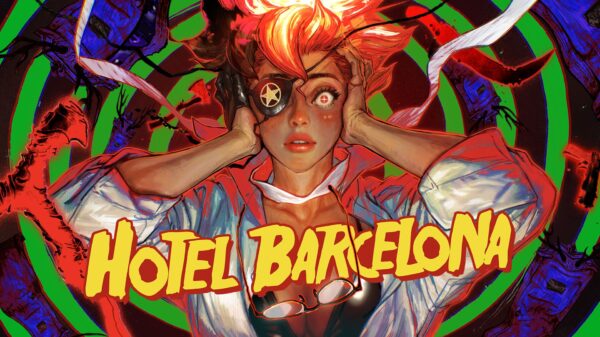
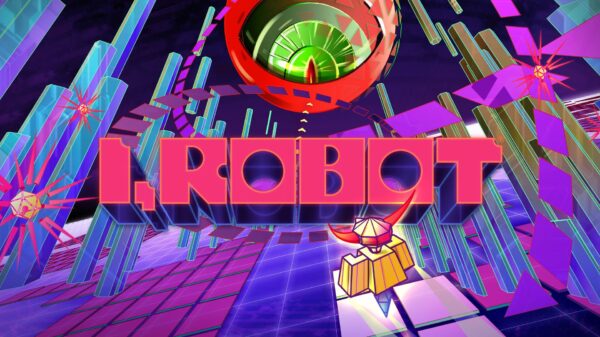



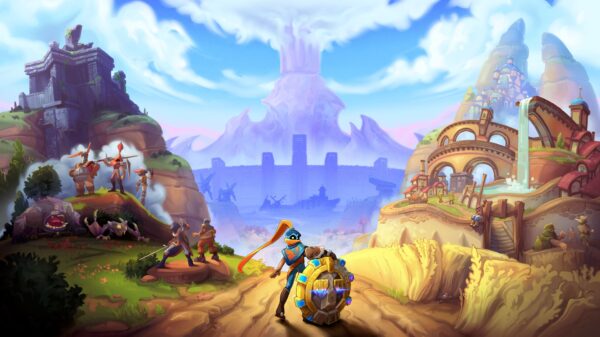



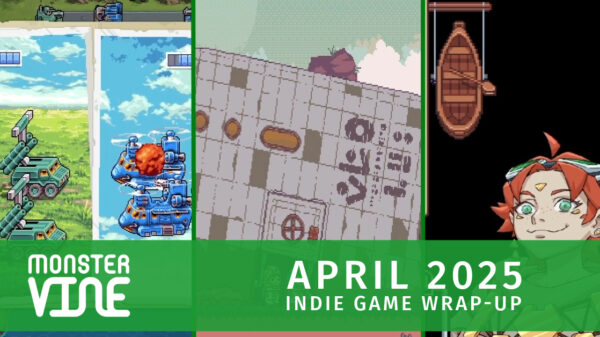
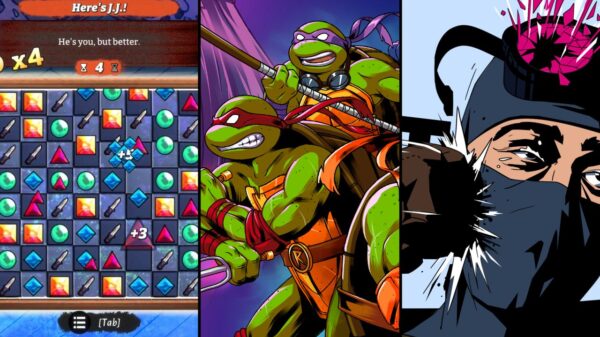
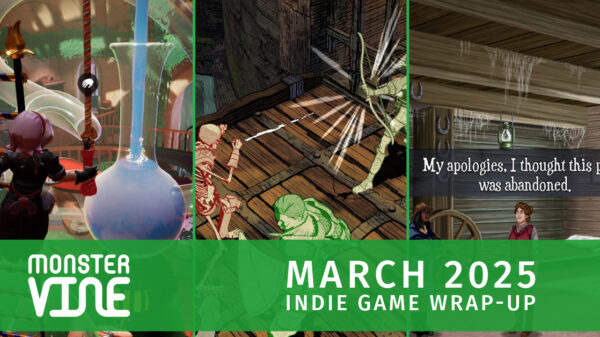

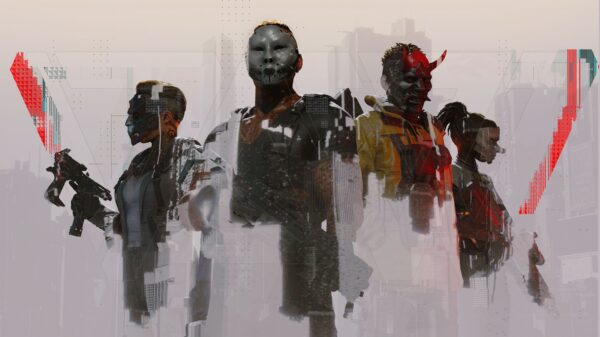




























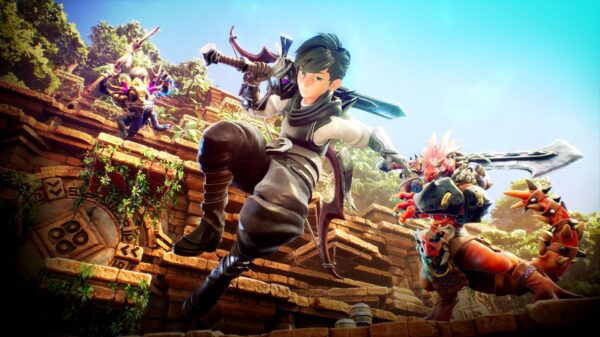


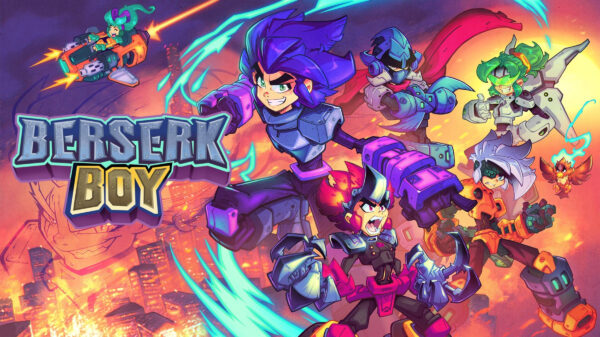
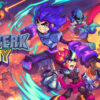
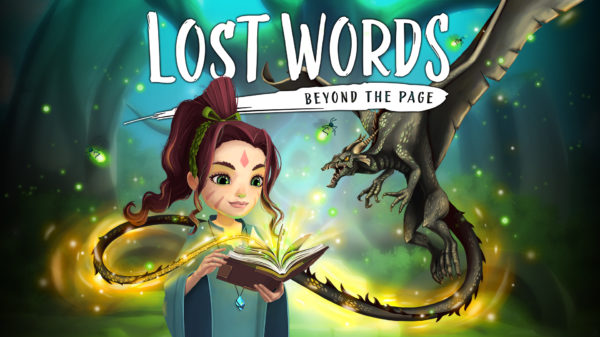
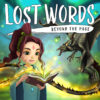
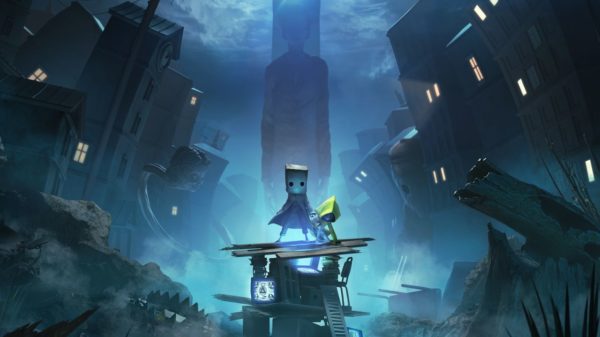

rickytheleaf
January 15, 2009 at 9:51 pm
Great review Francis, I couldn’t agree more. Too many people have doubted this game, but truly it innovates in a way not seen before in the industry, not through gameplay (which is still superb) but through community. By giving game players the tools to create a truly memorable experience, MediaMolecule is taking video games to the next level, much like YouTube let regular people become stars. And you can’t forget about the great, albeit short, single player mode included. All in all, this is a great package that will surely be remembered years from now as one of the truly innovative and just plain fun games of this console generation.
WarDragon989
January 17, 2009 at 1:07 am
I got to admit that as a PS3 owners i just never latched onto the concept of LBP. Creating grand levels is cool and all but it never stuck with me.
Replaying it recently for trophy and other purposes, i found out that tutorials and stuff, honestly when you unlock everything and build levels like the Mirrors Edge or Mario pariodies it shows its true self. It is a good creative game, many options and is playful fun but its a shame i will never understand it =(